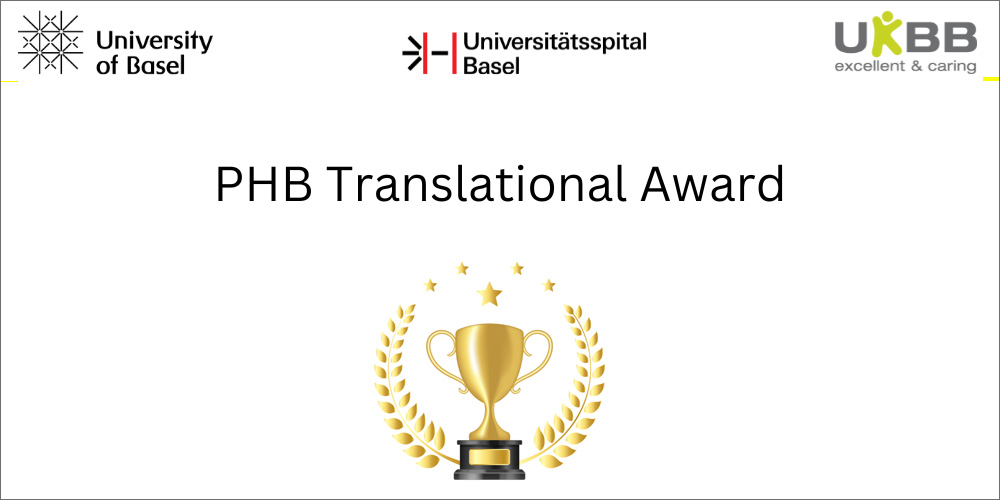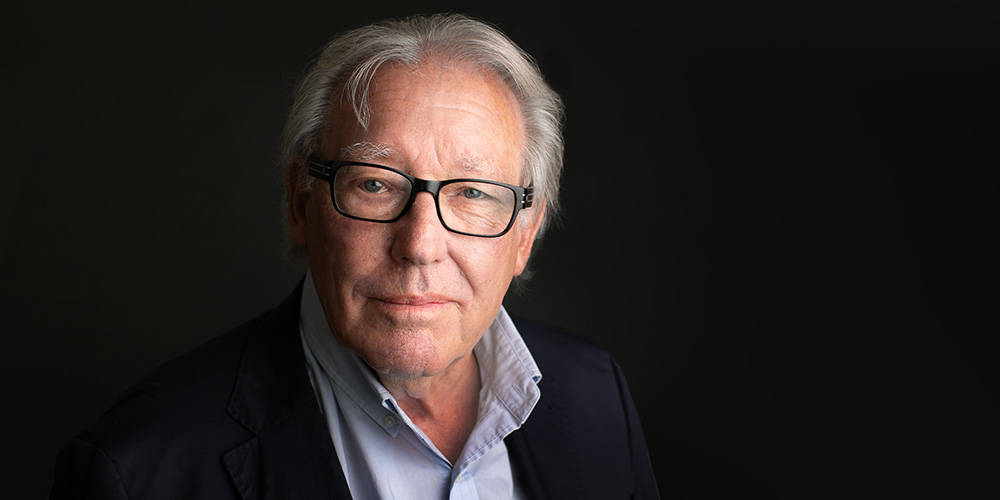PHB Translational Award

The PHB Translational Award seeks proposals for projects that demonstrate a strong potential to significantly impact clinical practices or patient outcomes. The emphasis is on projects with high potential for translation into clinical practice, regardless of the disease area, medical specialties and disciplines.
The call is open to clinicians and other patient-facing specialists providing direct care or case-specific consultations at PHB-funded institutions:
- University of Basel (UniBas)
- University Hospital Basel (USB)
- University Children’s Hospital of Basel (UKBB)
The PHB Translational Award provides up to 50’000 CHF to cover release time from clinical routine (salary reimbursement) of the applicant for a maximum period of 12 months.
Applicants must submit a written application according to the provided template (see link on the right). Please note that applications must already have proof of concept or preliminary data and only projects with a Technology Readiness Level (TRL) between 4 and 6 will be considered for funding.
Applicants have the opportunity to utilize the PHB Translational IT (Data, Technologies, IT Solutions and Services listed here) for their submitted projects if needed. If you wish to use PHB services, please contact the PHB management team to schedule an appointment for a discussion prior to submitting your application.
For more information, please refer to the PHB Translational Award - Call 2026.
Award Timeline:
- Call Opening: 01.12.2025
- Deadline for applications: 15.03.2026
- Award Announcement: End of April 2026
- Start of the project (at the earliest): 01.06.2026
- End of the project (at the latest): 31.05.2027
- Final report submission: no later than 2 months after the end of the project
Contact: phb@unibas.ch


